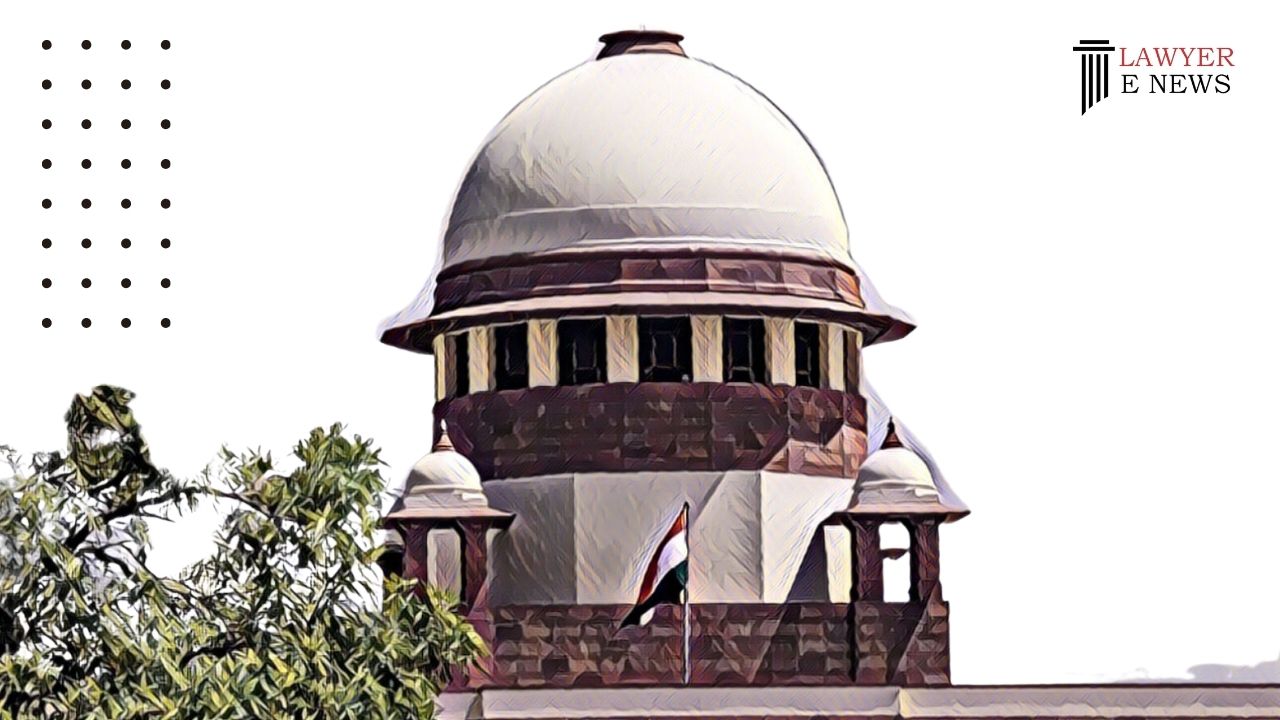-
by Admin
15 February 2026 5:35 AM



In a landmark decision, the Supreme Court of India set aside a portion of the National Green Tribunal's (NGT) judgment pertaining to the validity of environmental clearance for M/s Sweta Estate Pvt. Ltd., while upholding the decision to prosecute the company for violations of environmental norms.
The bench, comprising Justices Abhay S. Oka and Sanjay Karol, reviewed the appeal filed by M/s Sweta Estate Pvt. Ltd. against the NGT's order. The case revolved around the appellant's housing project in Gurgaon and their compliance with the Air (Prevention and Control of Pollution) Act, 1981, and the Water (Prevention and Control of Pollution) Act, 1974.
Justice Oka, in his judgment, stated, "Considering the limited scope of appeal, NGT ought not to have gone into the question of whether the construction carried out by the appellant between 9th April 2012 to 29th August 2017 was illegal." This statement led to the Supreme Court setting aside NGT's observations related to the expiration of the environmental clearance (EC) and the legality of the construction activities during this period.
Furthermore, the apex court confirmed NGT's decision regarding the conditions of the ex-post facto Consent to Establish (CTE) granted to the appellant. The court emphasized that "after having acted upon the ex-post facto CTE dated 18th October 2017, the appellant cannot be allowed to approbate and reprobate." This effectively means that the company must adhere to the prosecution conditions as per the ex-post facto CTE.
This ruling has significant implications for environmental law and corporate compliance in India. It underscores the importance of adhering to environmental norms and the consequences of non-compliance. The decision also clarifies the scope and limitations of appellate authorities in environmental matters.
The Supreme Court's decision brings a new dimension to the interpretation of environmental laws in India, particularly regarding the retrospective effect of compliance measures and the legal responsibilities of corporations in environmental preservation.
Date of Decision: 10 November 2023
M/s Sweta Estate Pvt.Ltd. Gurgaon VS Haryana State Pollution Control Board & Anr.
